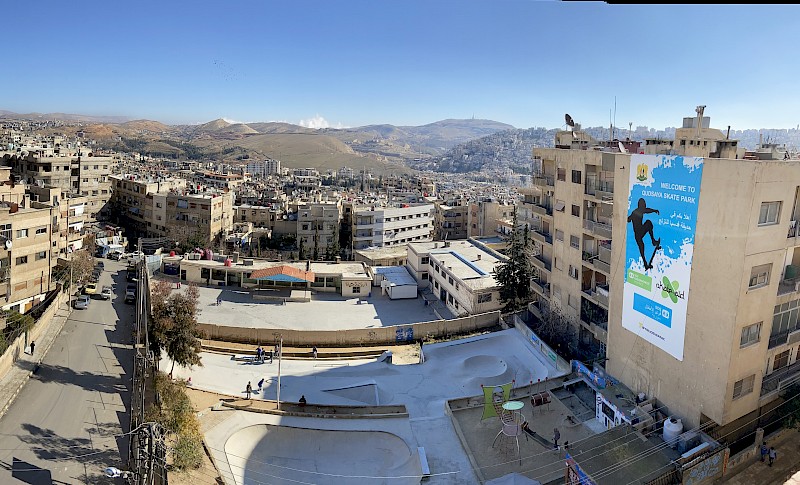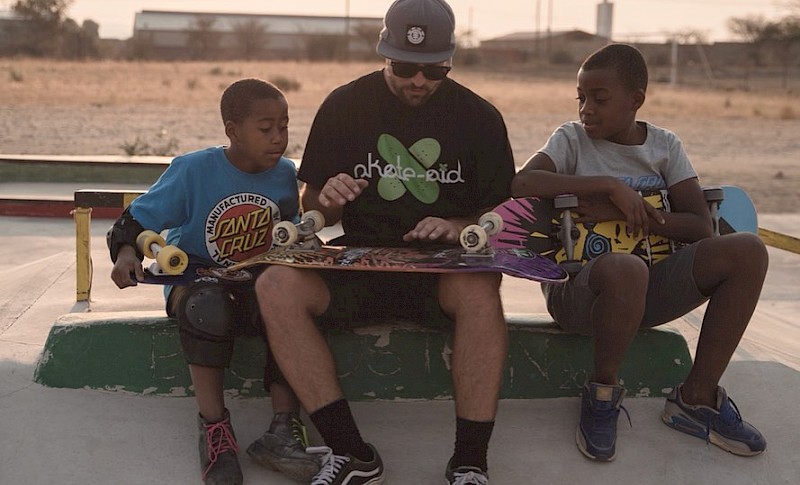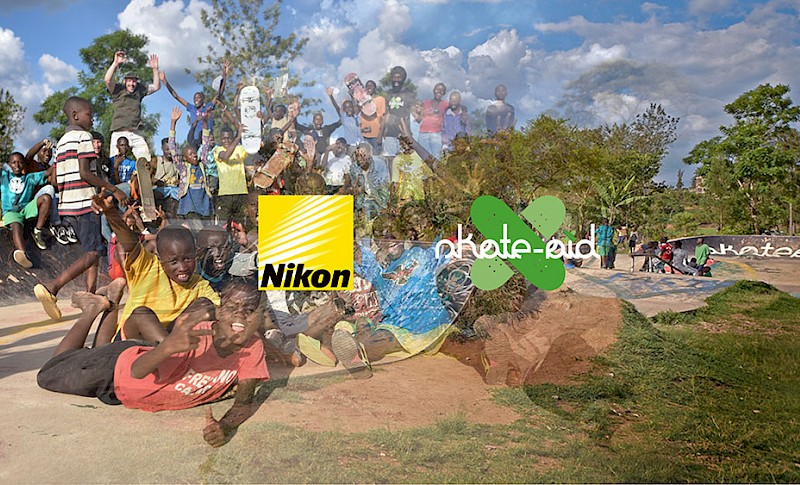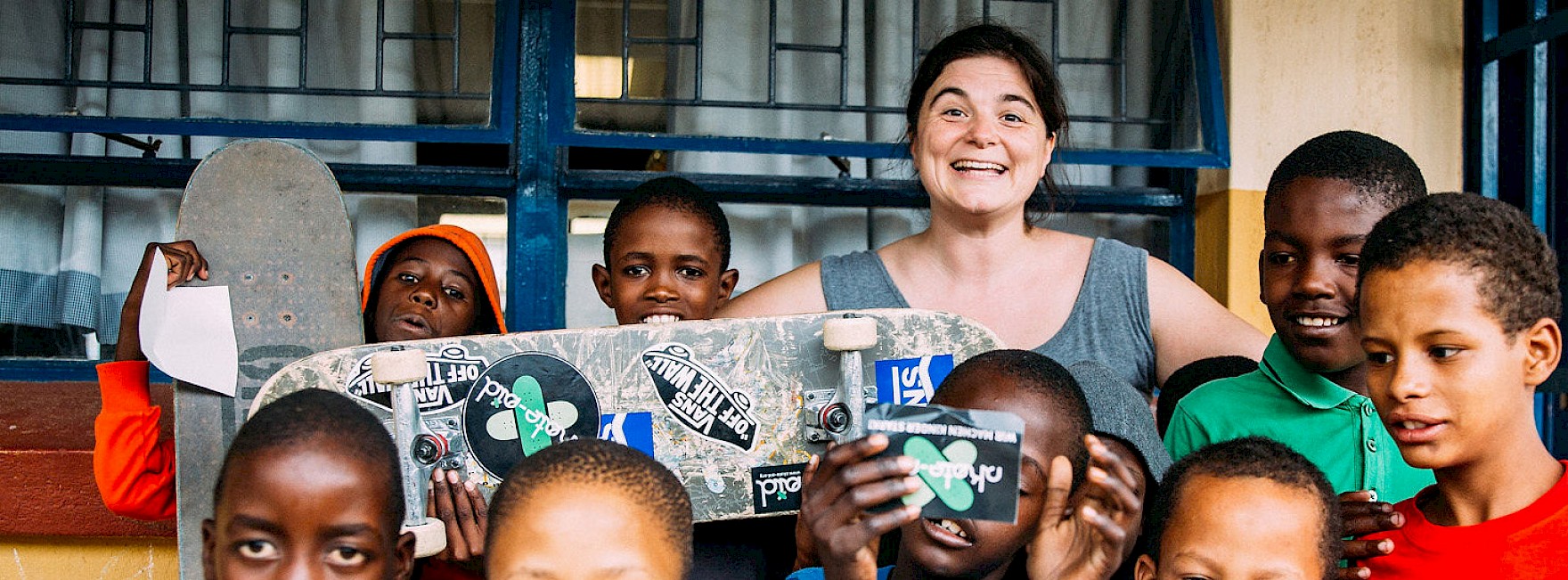
„I’m on the plane from Frankfurt to Namibia. It’s my first trip to Africa with skate-aid and I am full of anticipation. Above all, I’m looking forward to meet the kids, who are primarily hearing and visually impaired in this special project and who want to skate with the skate-aid crew.
As I look around the half-filled plane, I notice that the older gentleman next to me wants to start a conversation. He would like to know the reason for my trip or rather tell me everything he knows about Namibia. I love it when a trip starts like this. You can of course read a lot before, but if people tell you their personal view of things, it’s somehow more meaningful for me. Three quarters of Namibia are in the hands of white people, who have been passing on their large estates to “their peers” since the German colonial era, he tells me. There have been small programs that are designed to make it easier for locals to acquire land, such as giving the state a right of first refusal if no heirs are found. Since then, however, white farmers have preferred to lease their lands rather than giving it to the state. He also bought land in Namibia on the advice of friends. Even though apartheid has been officially abolished in Namibia since 1991, it apparently lives on successively on many levels.
In the hostel in Windhoek I first meet Lisa, who’s in the process of writing her master's thesis on climate change here in Namibia. The unusual drought of the past few years causes great water shortages. The man on the plane had also told me, that his farmer friends have more and more problems getting feed and water for their cattle breeding. In the next few years, according to Lisa's assessment, the food shortage will lead to very big problems. Above all, economic difficulties have been Namibia's biggest problem for years. In addition to extreme poverty and high unemployment, the weak economy increases dependency on other countries. Little is produced in the country itself or at least processed further. In Namibia you often hear the very self-critical assessment, which puts Namibia's problem in a nutshell: "We produce what we don't consume and we consume what we don't produce!"
The special thing about this trip is that many volunteers from different skate-aid projects come together to learn from each other and exchange experiences. The volunteers always face various challenges and some difficulties can only be solved with strategies. This week everyone should learn and benefit from each other.
Jonas and Sören, among others, are also responsible for the project in Namibia. Things are going pretty well now, they tell me and they are impressed about the strong company among the kids. Jonas tells me about a blind boy who was carefully held by his friends by the arms and put on a skateboard so that he’s able to skate too! Deaf kids also help each other a lot, Sören throws in. It’s great to see how they support and help each other. Everyone in the team wants to improve their sign language skills so that they can communicate better with the kids and provide them with extensive support.
Jonas initially underestimated how valuable skateboarding can actually be for the kids, who are incredibly happy every time the skate-aid team arrives at the skate park.
Amet is also responsible for the project here in Namibia. He knew from the beginning that he wanted to do his voluntary service in this project and is grateful that he was accepted. Working with the children is very fulfilling for him. He likes the whole work process, from the anticipation of the kids when the team arrives to the skating and the cleaning up after the session. But the moments when the kids come to him to show him something that they have been practicing for weeks and finally made it are particularly fulfilling. Then he’s really proud of “his” kids.
The more they tell me, the greater was my anticipation of finally getting to know the kids. In the afternoon it’s finally time ... we’re going to the skate park.
The kids come towards us from afar. Gabu in particular is warmly embraced and welcomed by everyone. He helped to build up the project 2 years ago and worked here for a while. The kids excitedly speak to him in sign language and hang around him. The joy of reunion is so great that he has excited children hanging all around him the whole afternoon. I’m very touched while watching him with the kids. Children actually forget things quite quickly, but Gabu obviously means so much to them, that he gives them so much joy even after years.
Thankful that at least the few clouds make some shadows on the park, everyone skated long and intense. The volunteers are of course happy to help the kids if they ask for help, but there’s a lot of free and relaxed skating. They laugh, practice and occasionally fall down, but then also get up again and carry on. Some kids sit on their boards and others are speeding around me while I take photos. Everyone loves it when they see that I'm photographing them. When the kids are called in for dinner, some of them are sad for a moment, but everyone knows that they can get on the boards again tomorrow.”
To be continued…
Text & Pics by Alea Horst
Alea Horst is a freelance photographer who’s voluntarily joining us on our trip to Namibia. And here she recorded her impressions for us.
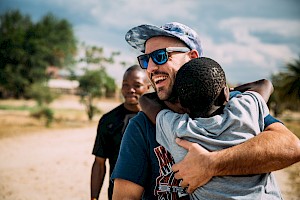
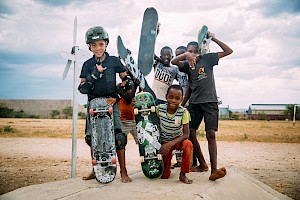
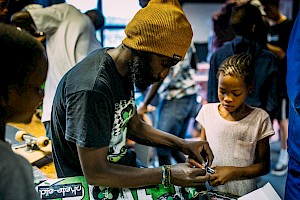
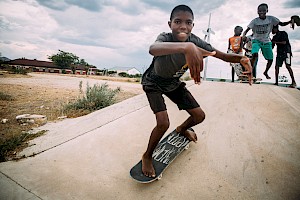
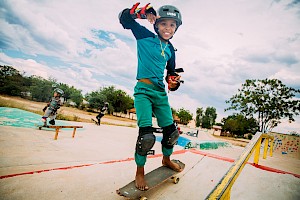
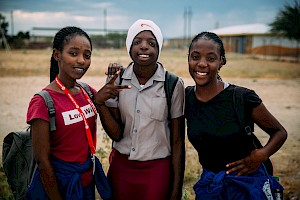
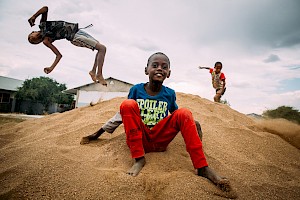
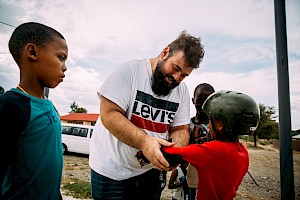
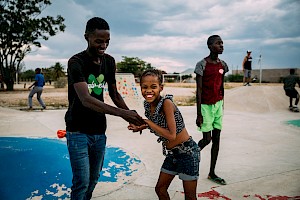
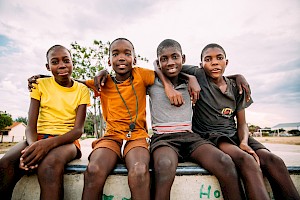
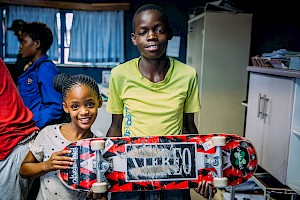
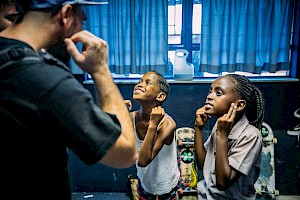
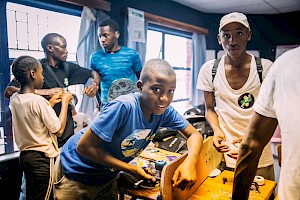
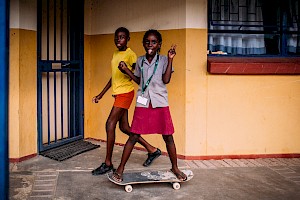
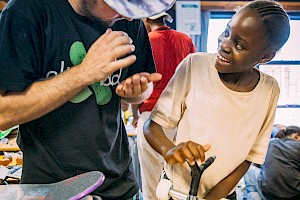
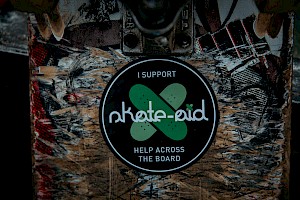
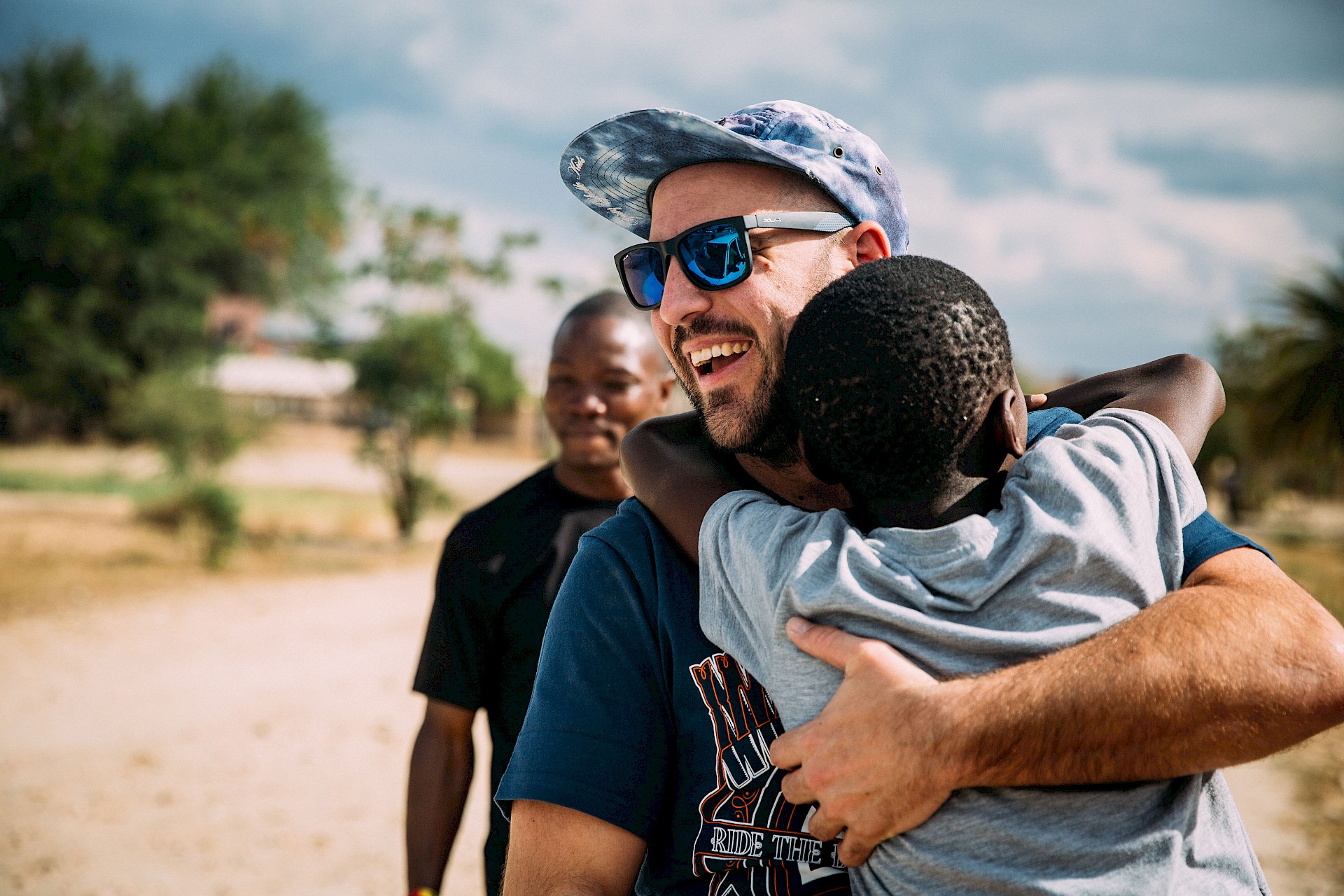
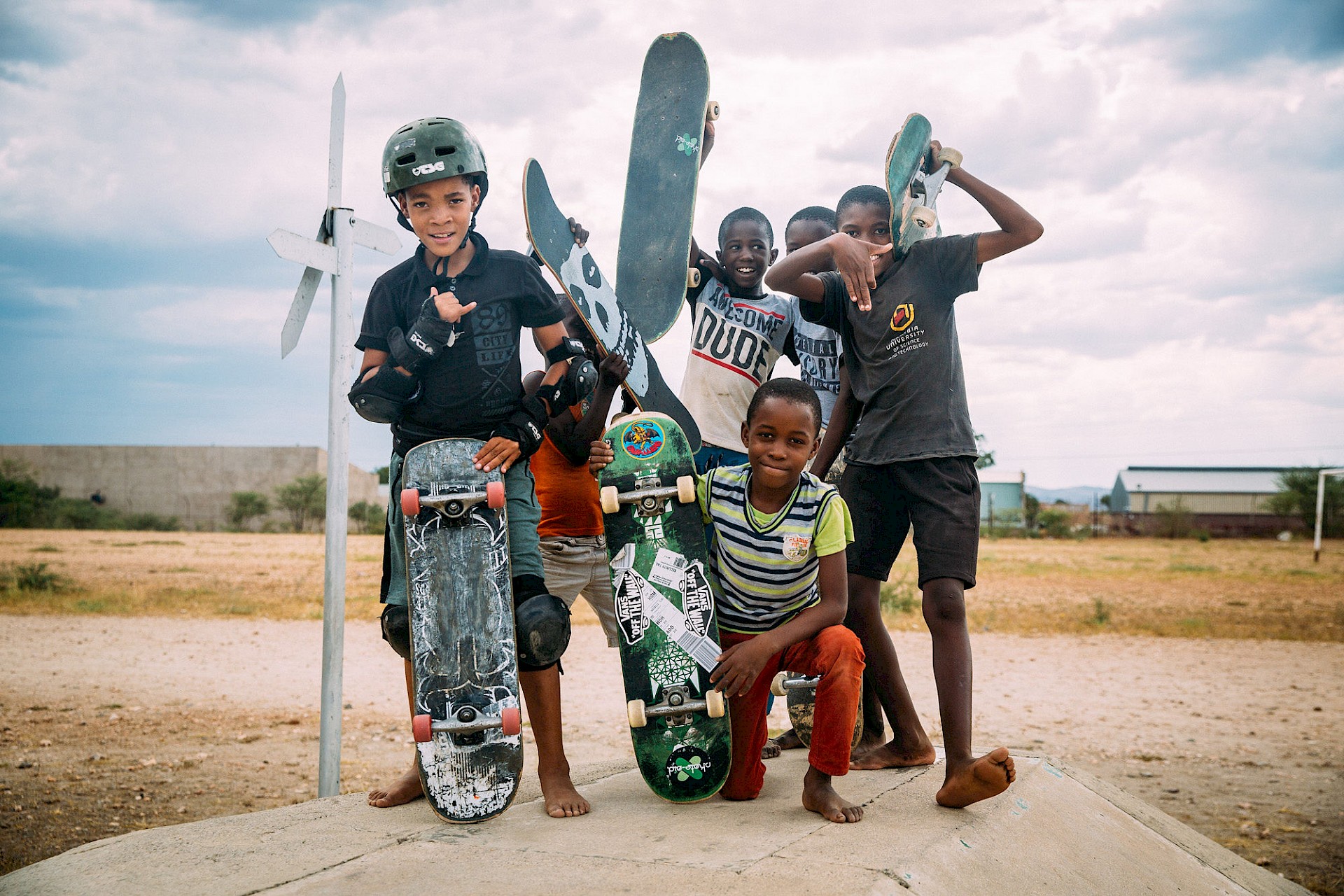
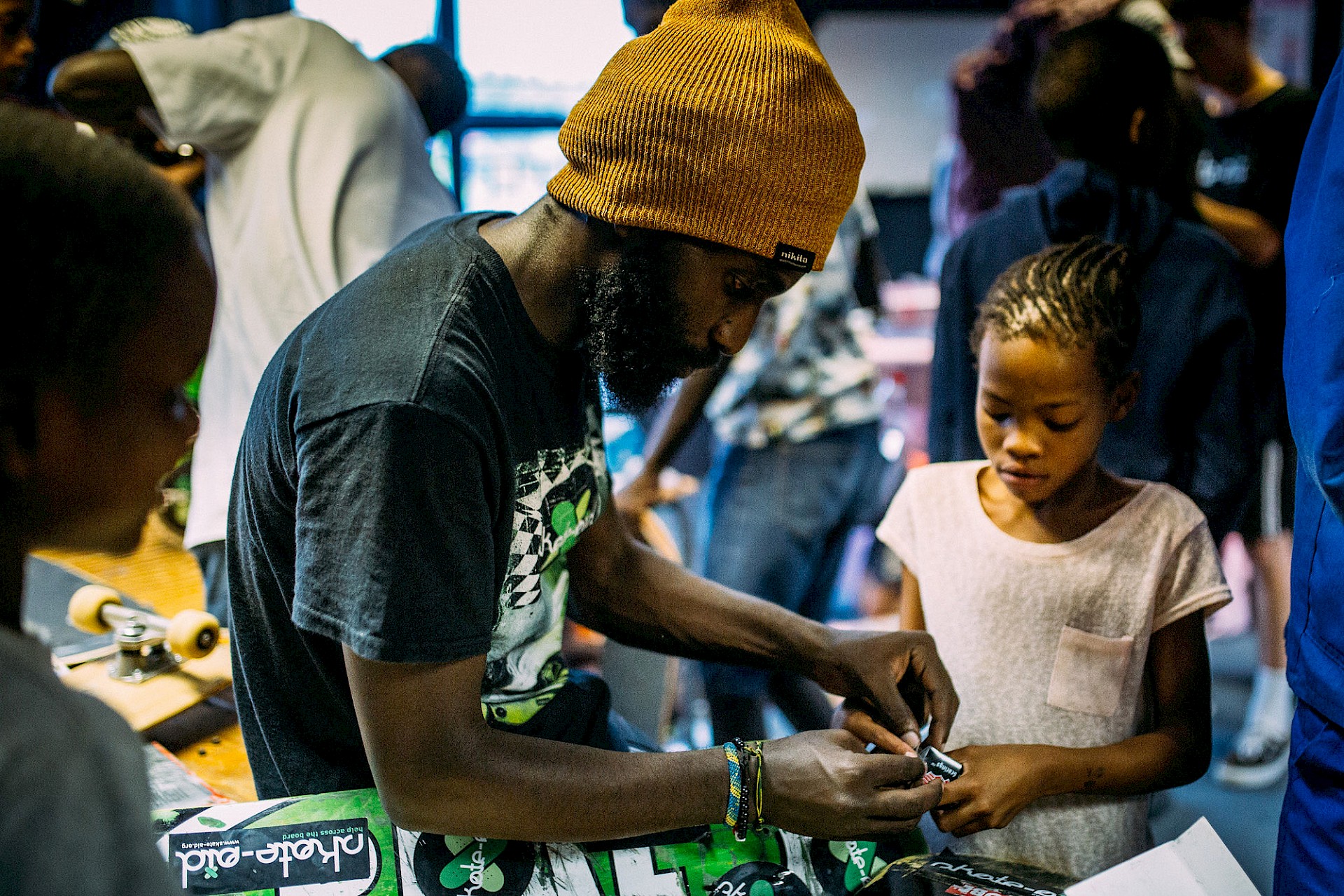
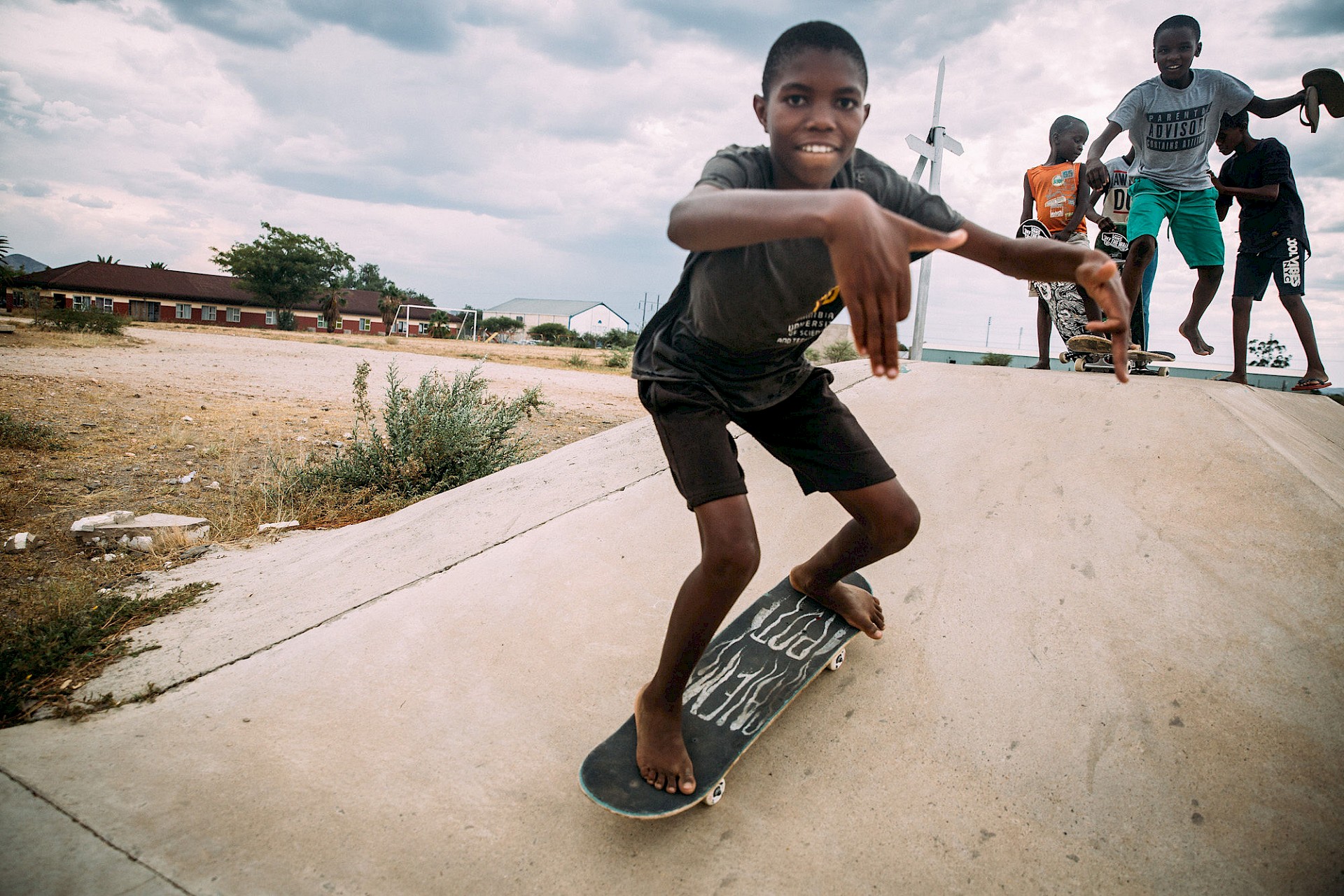
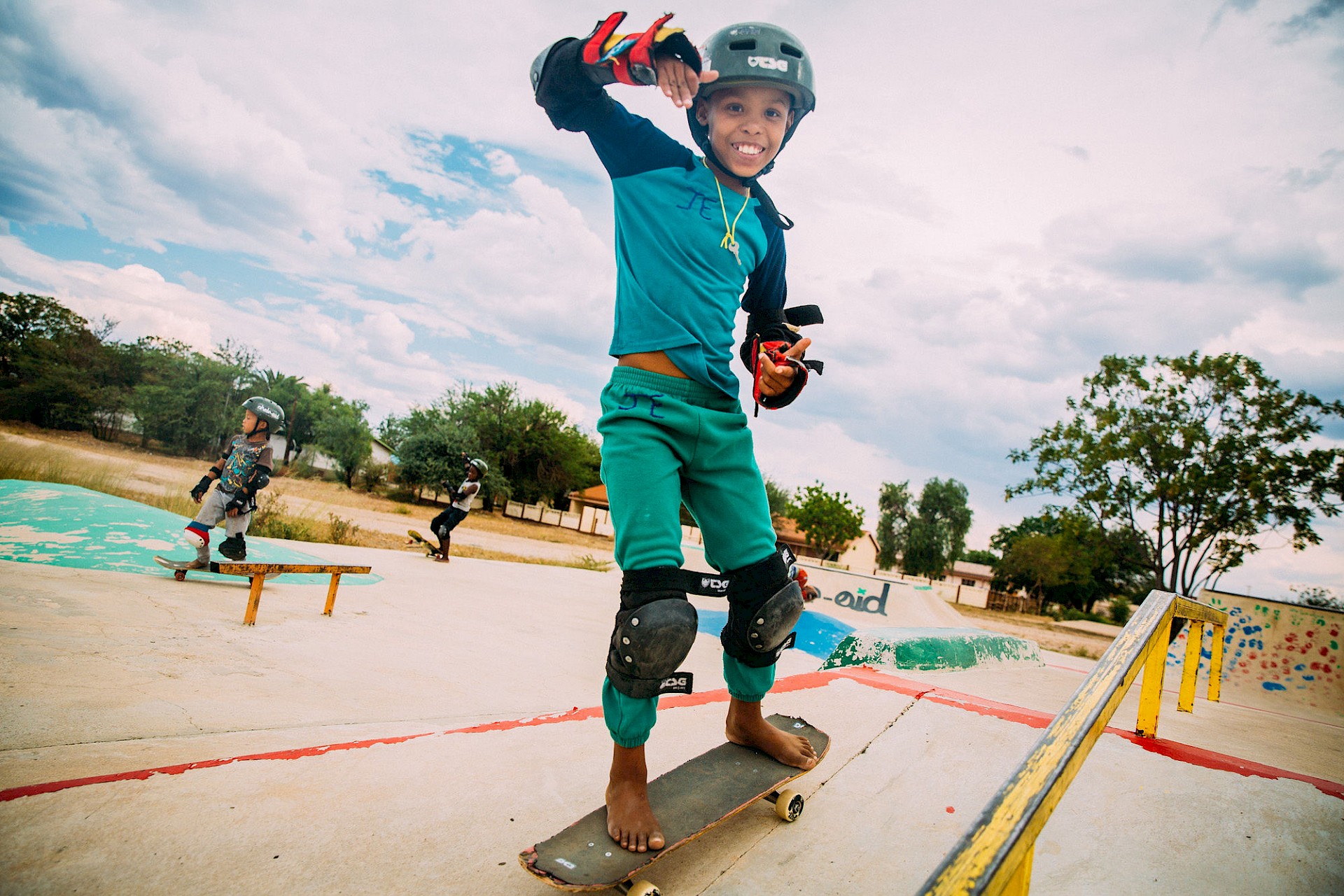
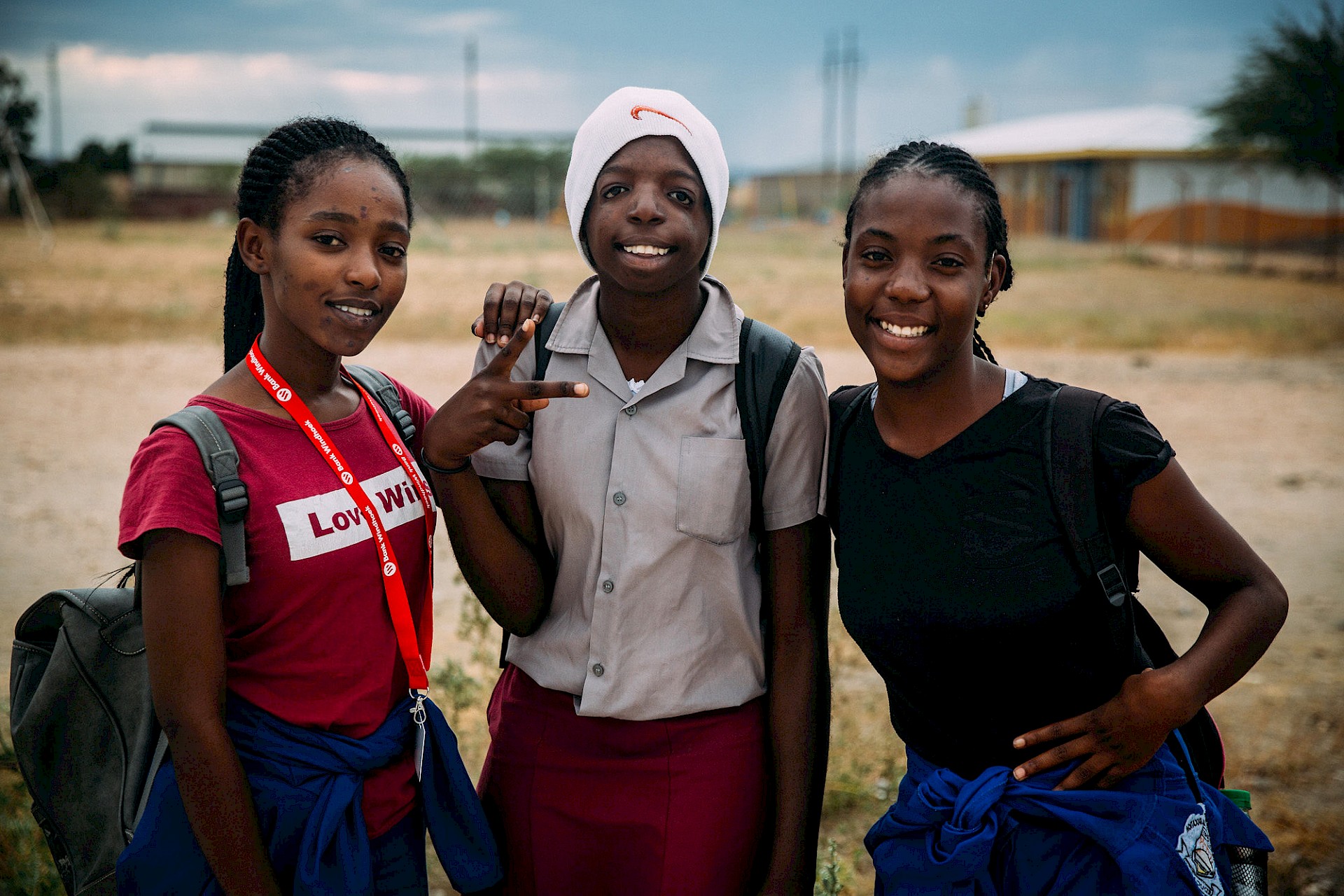
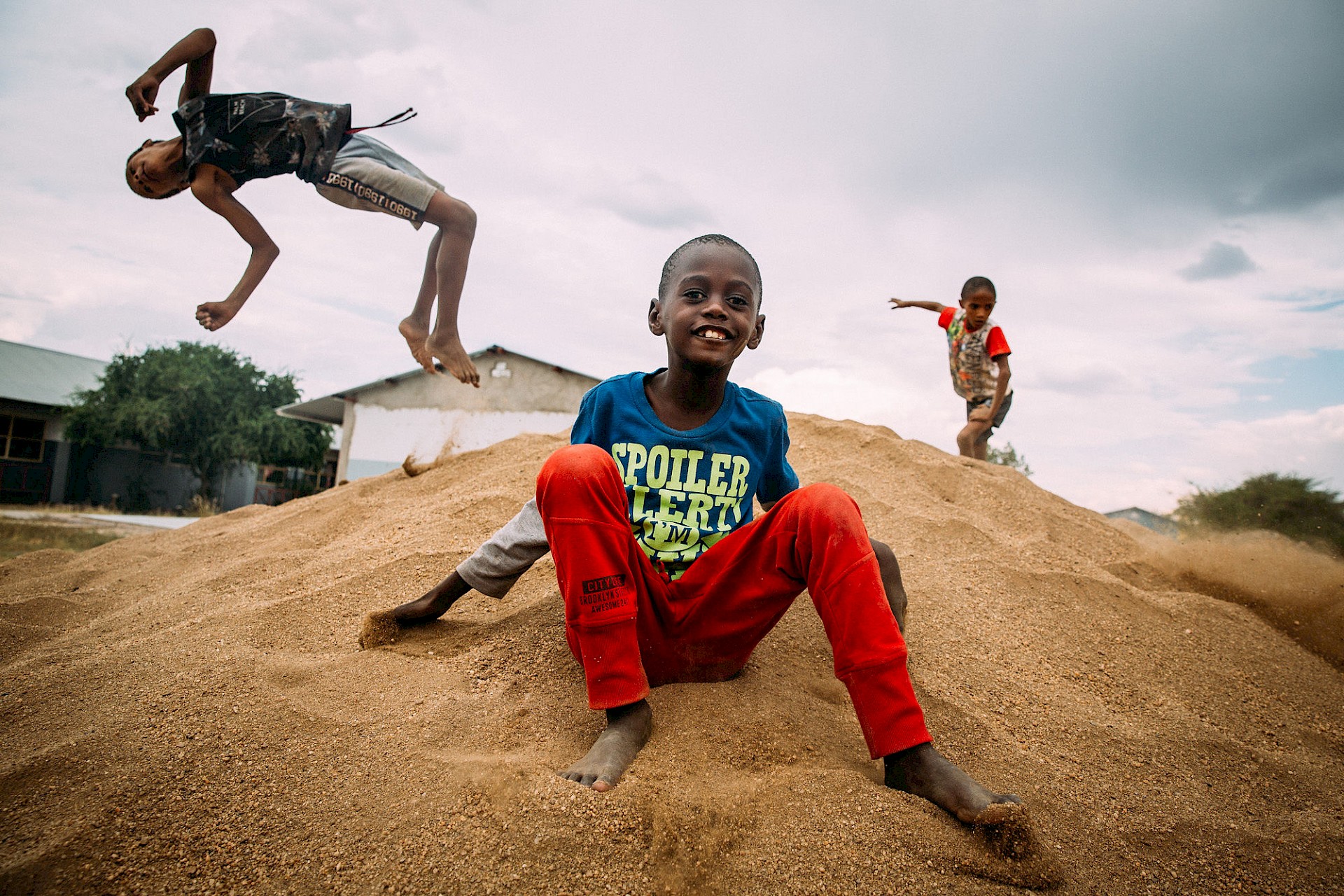
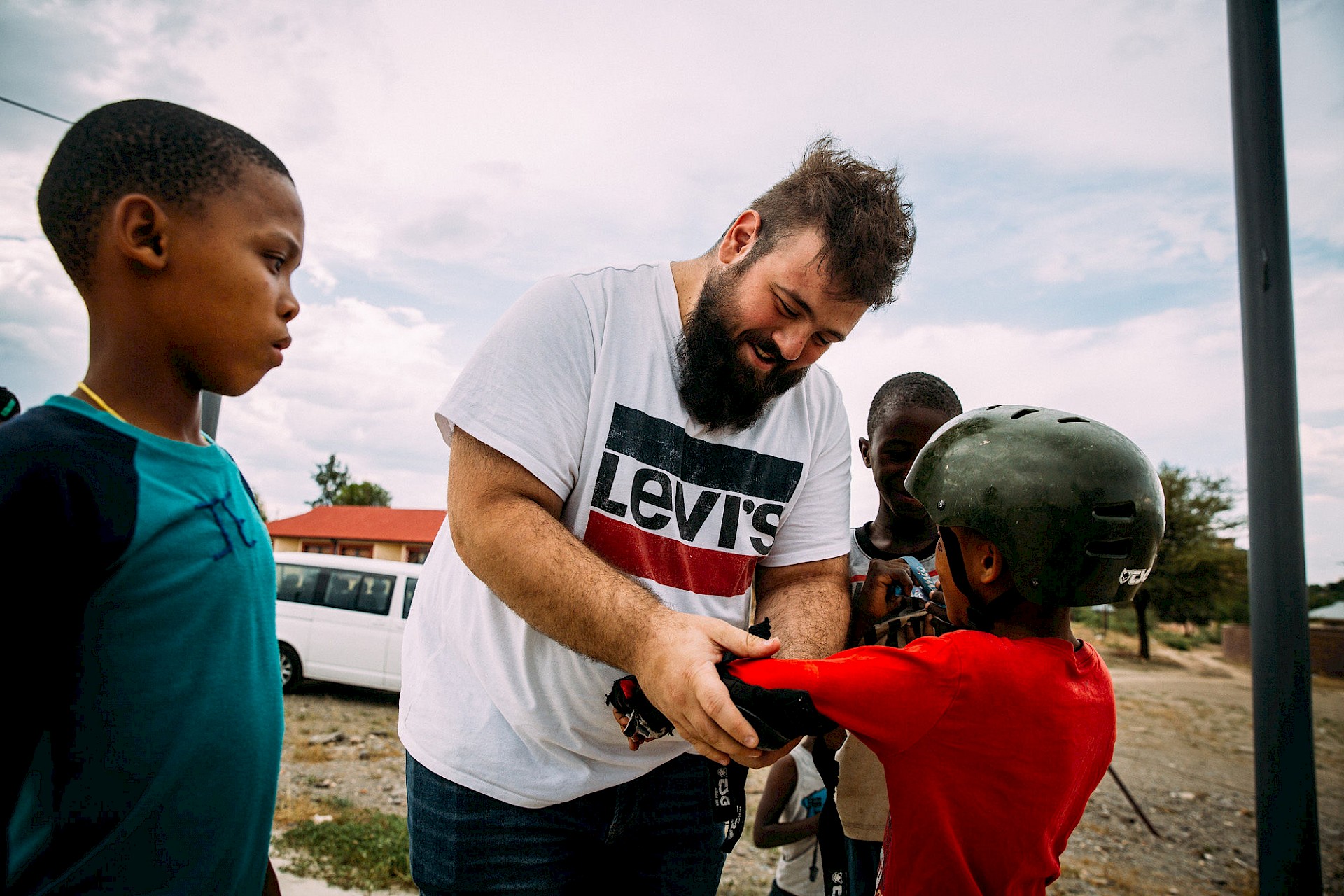
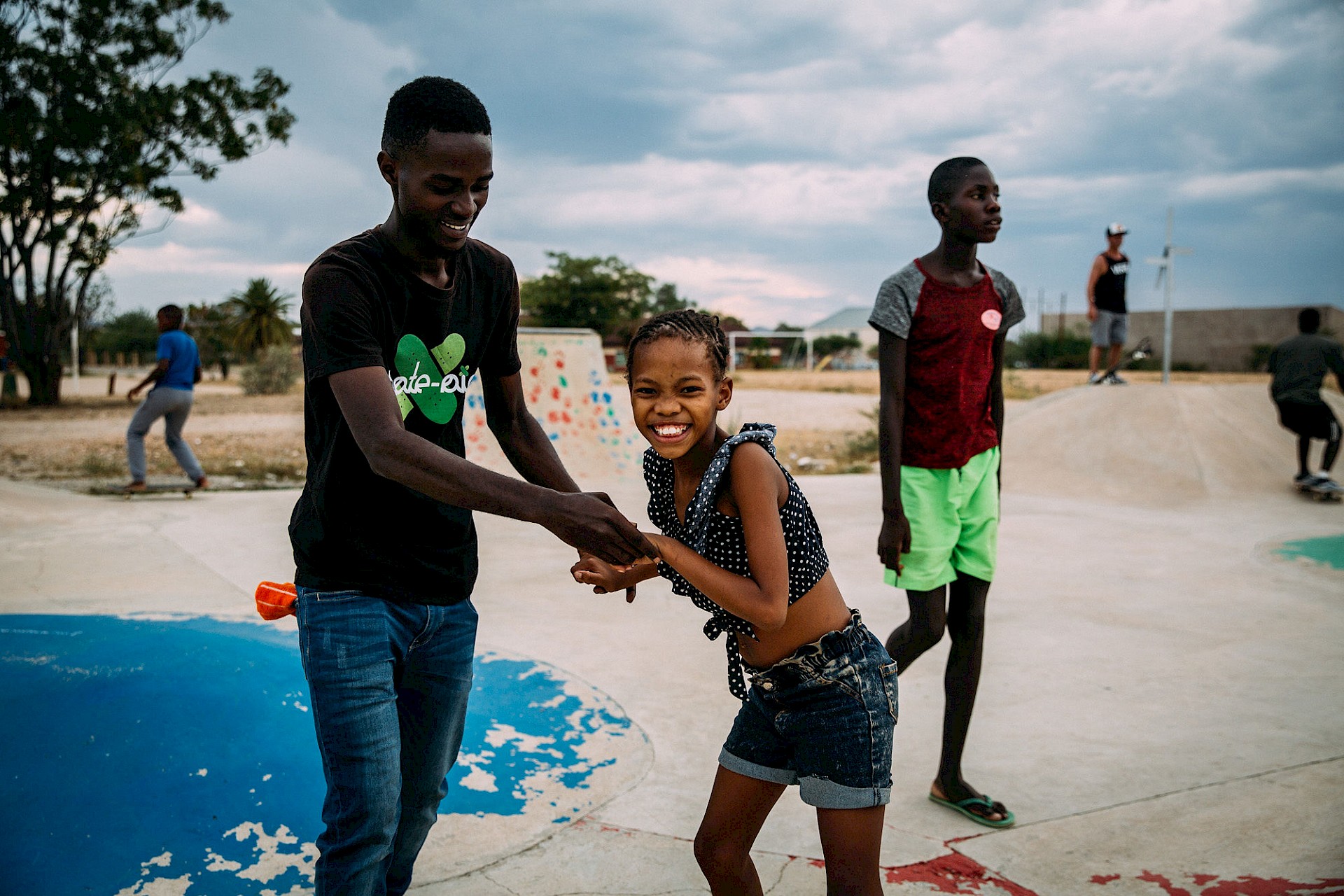
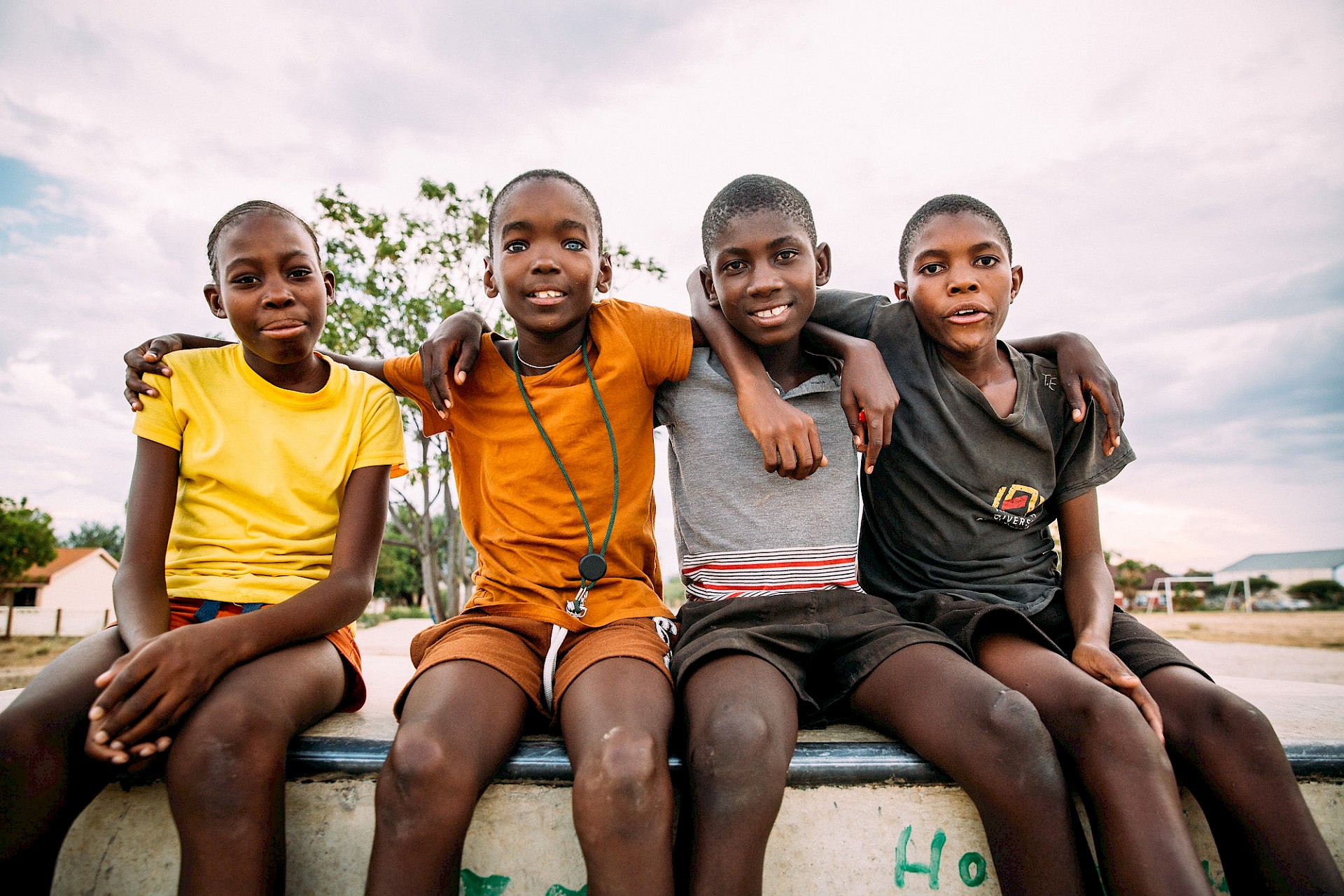
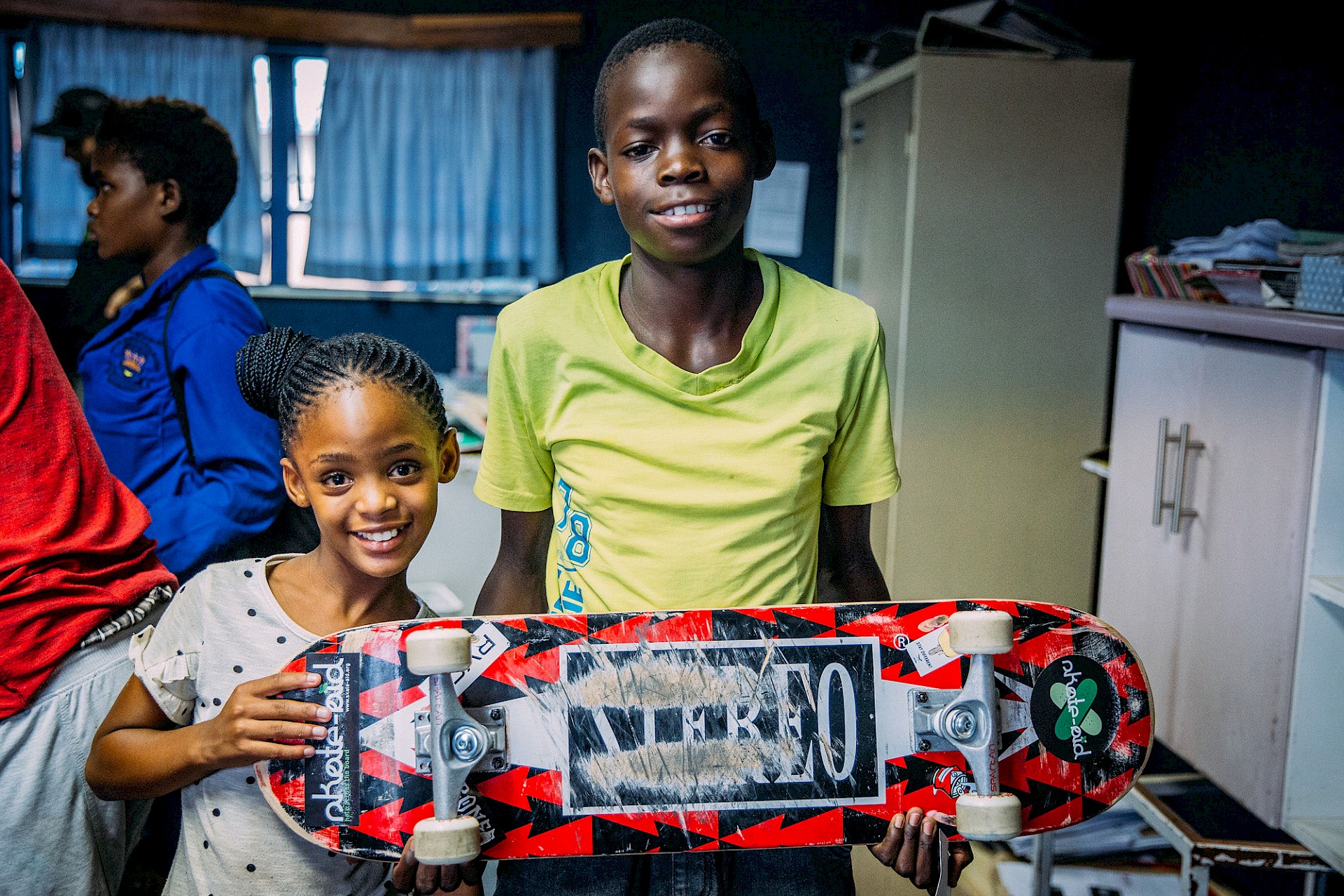
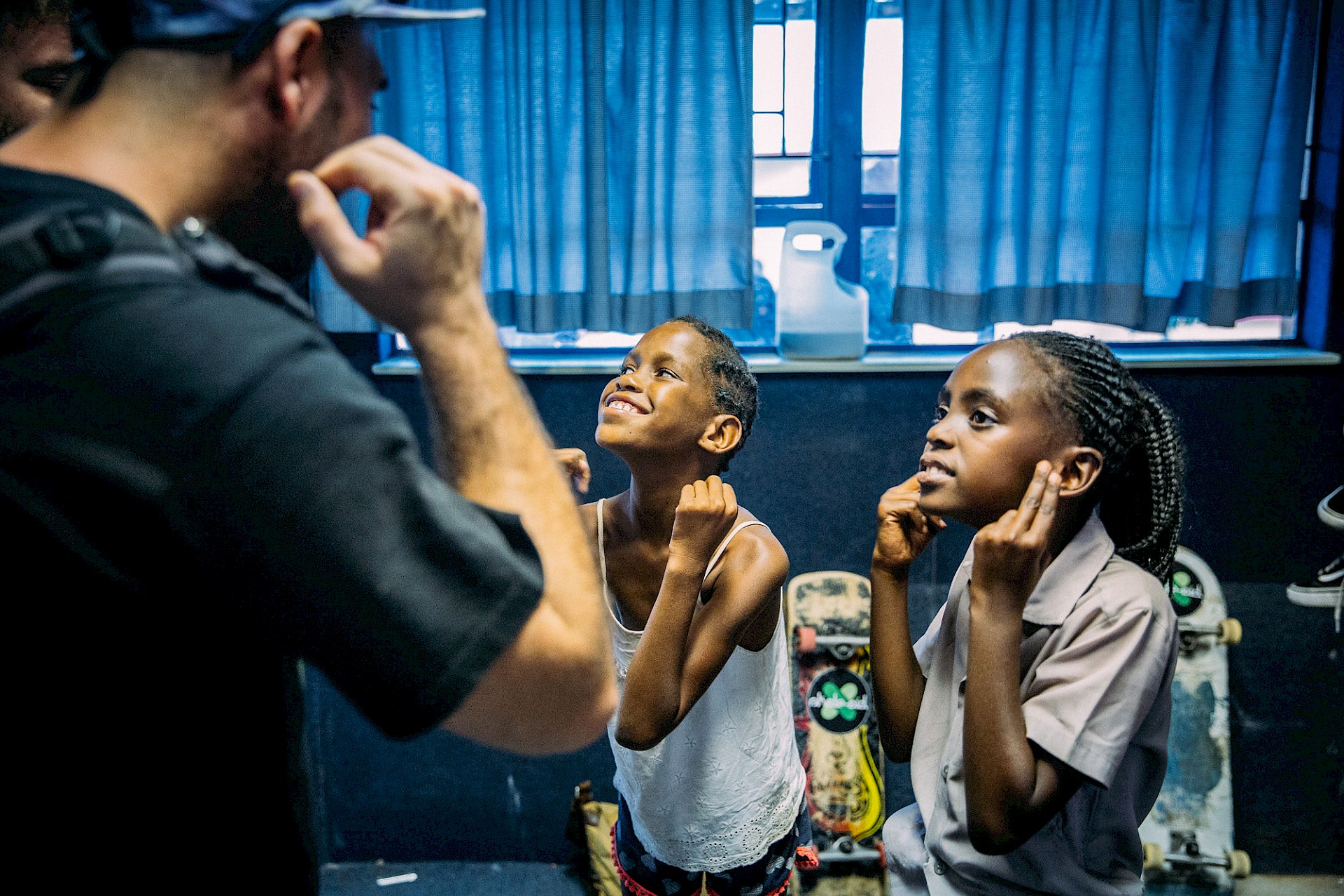
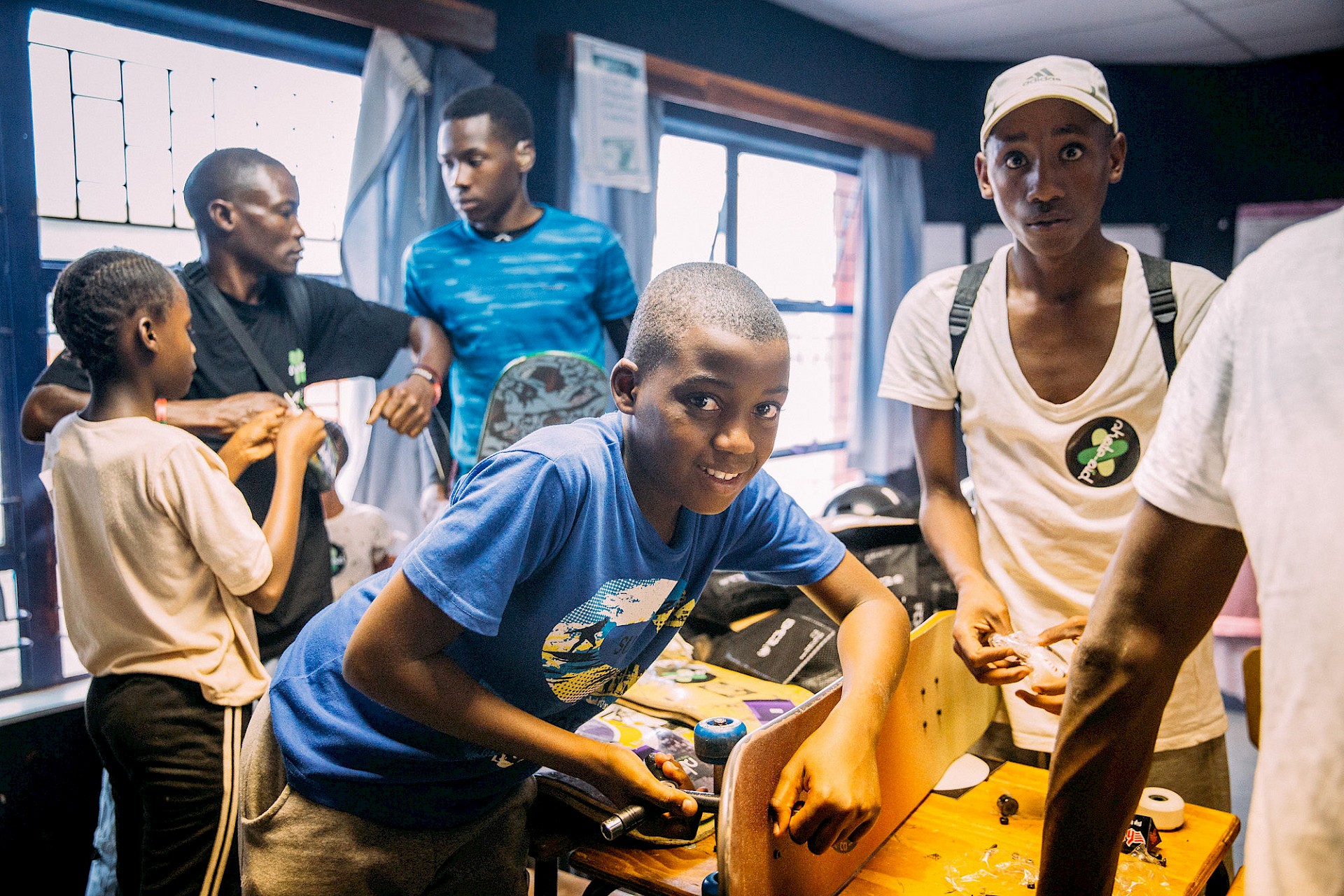
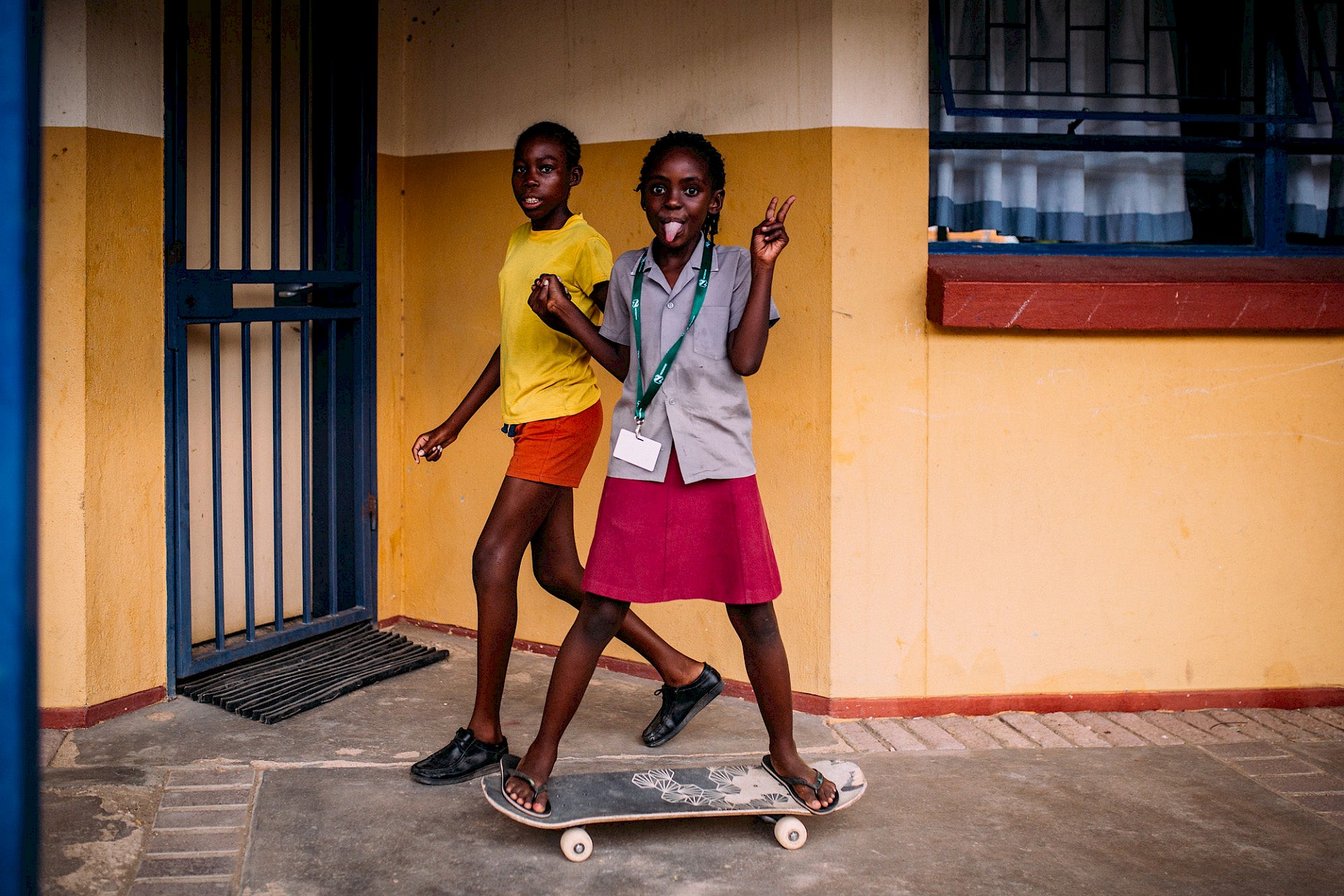
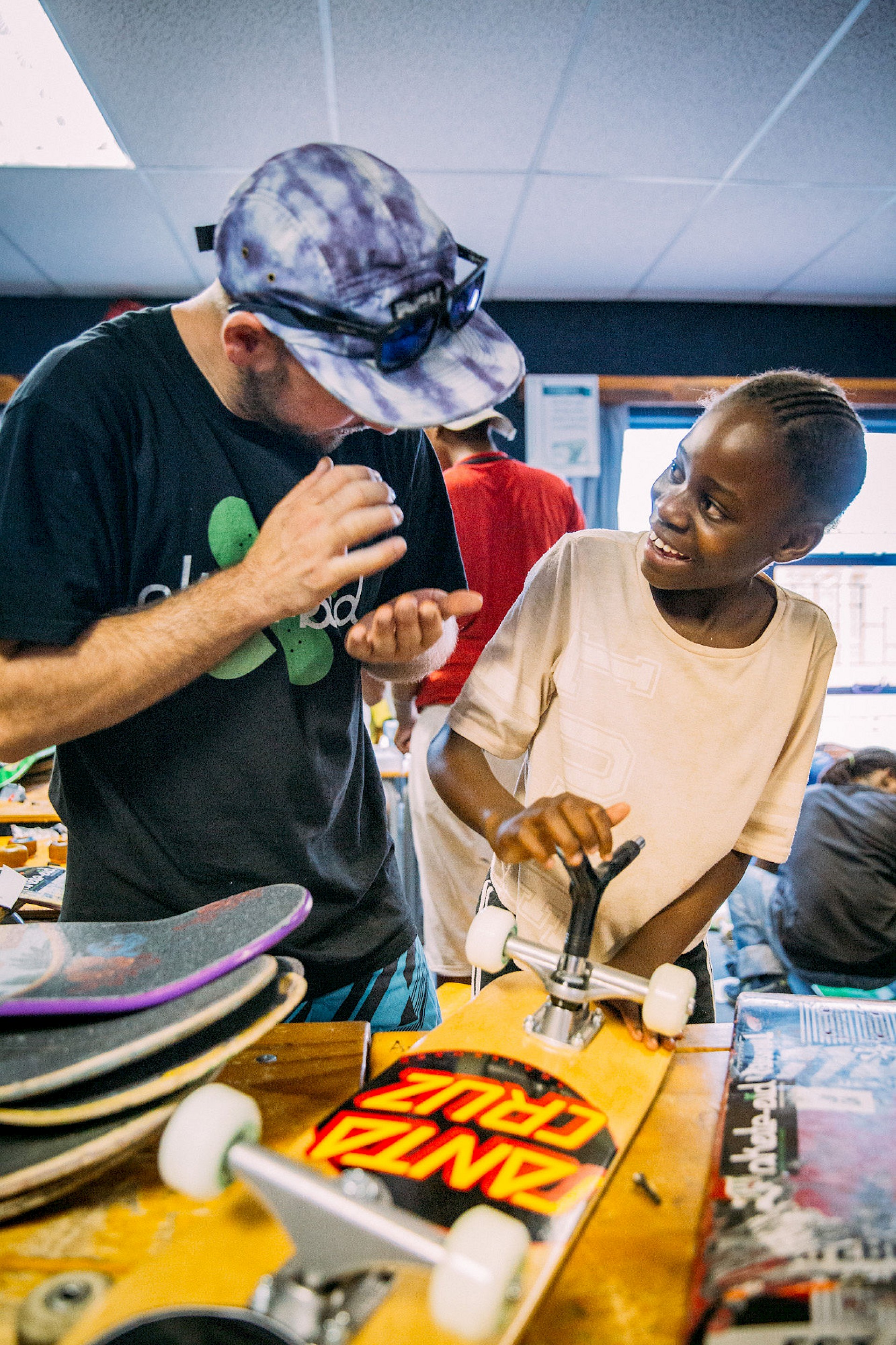
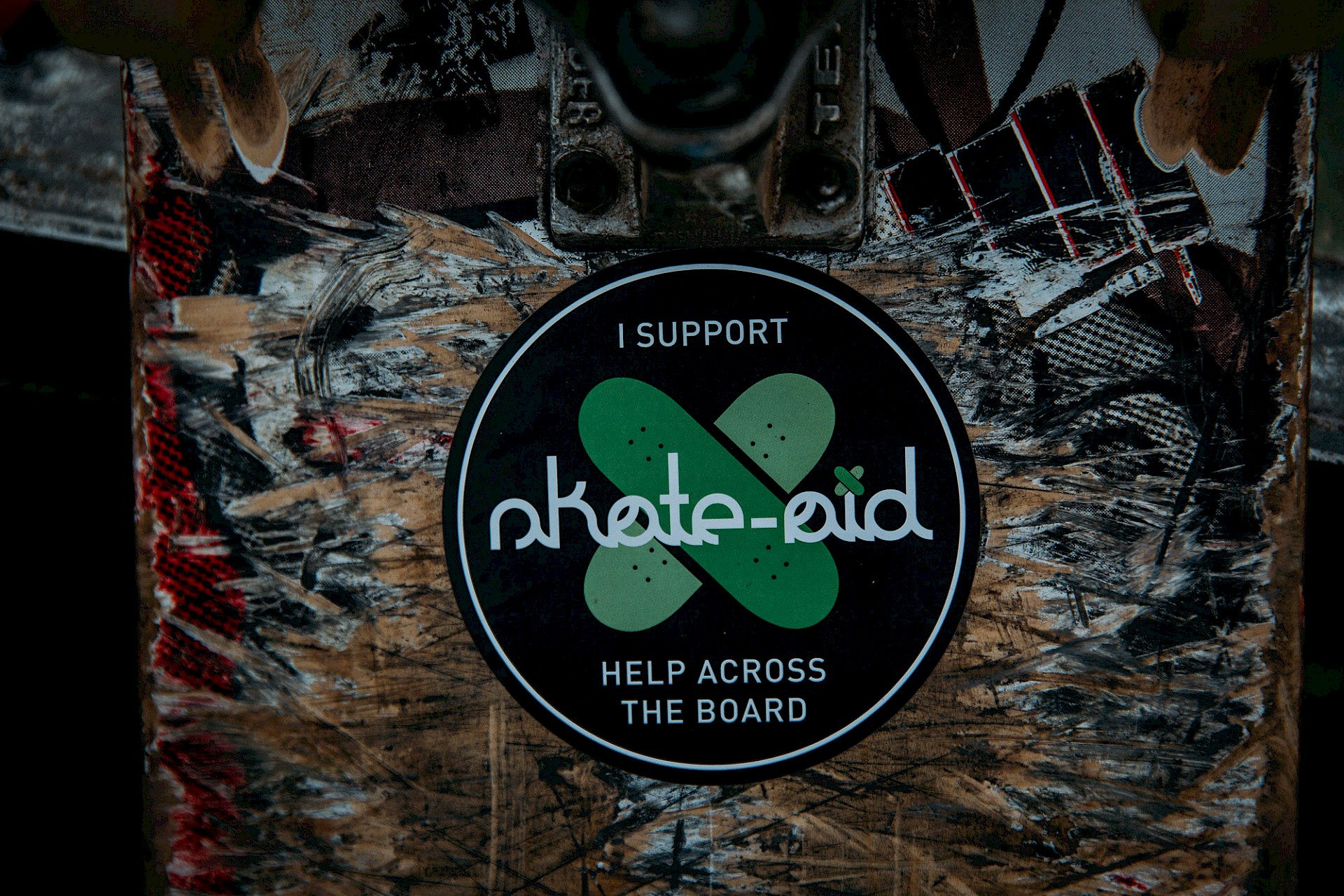
imprint data protection Website powered by DREIKON in Münster

